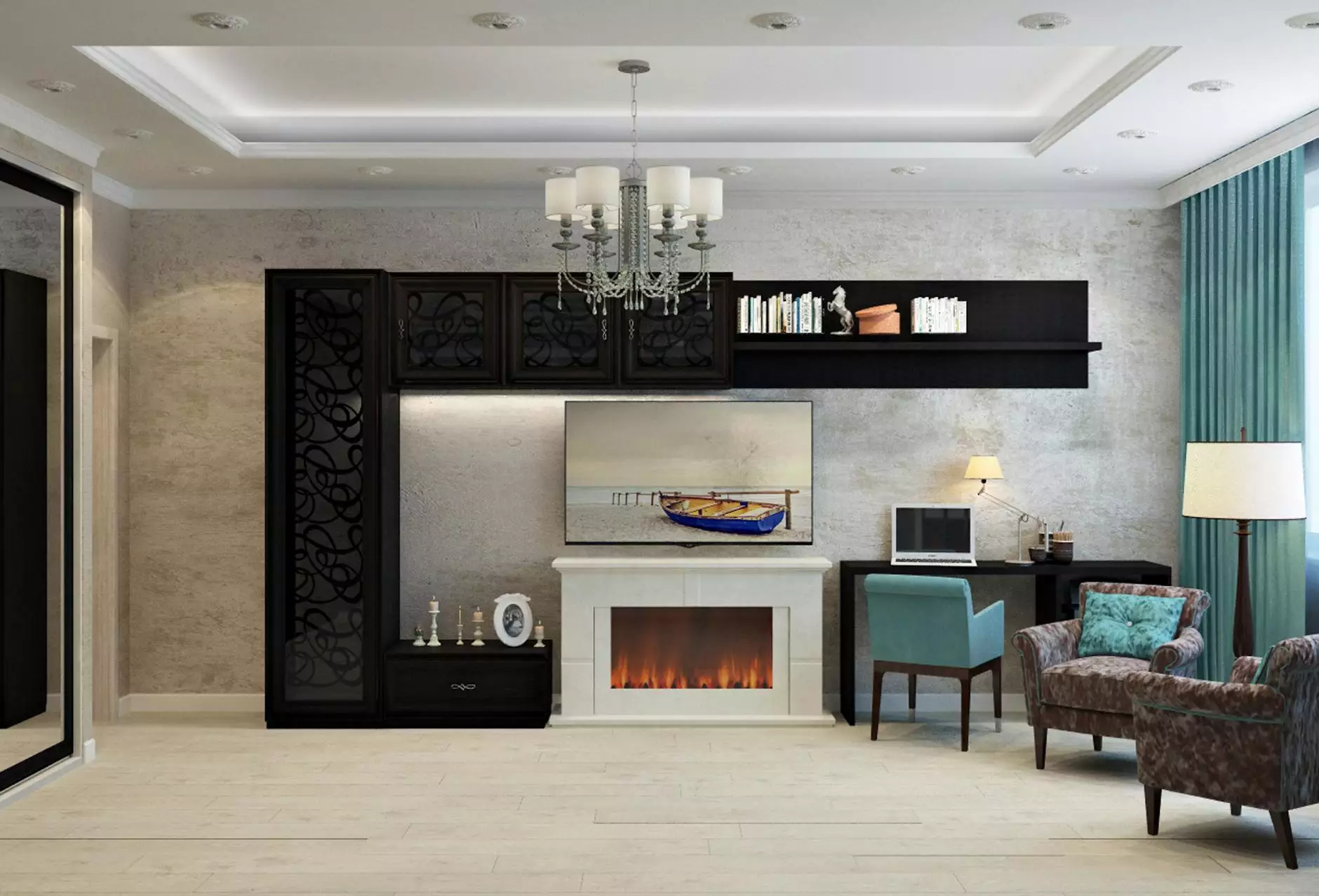Finding the Best Air Conditioner for Sale: Your Ultimate Guide

When it comes to maintaining a comfortable home or office, the importance of having an efficient air conditioning system cannot be overstated. With temperatures rising globally, the demand for air conditioners has surged, making the market not only competitive but also incredibly diverse. For those in the market looking for an air conditioner for sale, this article serves as a comprehensive guide to help you make an informed choice.
The Importance of Choosing the Right Air Conditioner
The right air conditioning unit can make a world of difference in your living and working environment. It can improve air quality, regulate humidity, and create a comfortable atmosphere. Here are a few reasons why selecting the right air conditioner is crucial:
- Energy Efficiency: Modern units use less energy compared to older models, which can lead to significant savings on your electricity bill.
- Improved Comfort: A well-functioning air conditioner helps maintain a steady temperature, ensuring you stay cool during hot summer months.
- Air Quality: Air conditioning systems filter out dust, allergens, and other pollutants, providing cleaner air to breathe.
- Increased Property Value: Upscaling your HVAC system with a modern air conditioner can increase your home's market value.
Types of Air Conditioners Available for Sale
When looking for an air conditioner for sale, it's essential to know the different types available in the market. Each type has its own features, advantages, and ideal usage scenarios.
1. Central Air Conditioning
Central air conditioning systems are ideal for cooling large spaces efficiently. These systems use ductwork to distribute cooled air throughout the home.
- Pros: Even temperature distribution, retains aesthetic quality without visible units.
- Cons: High installation costs, requires ducts.
2. Ductless Mini-Split Systems
Ductless systems are versatile and offer both heating and cooling. They are ideal for homes without existing ductwork.
- Pros: Flexible installation, energy efficient, compact design.
- Cons: Higher initial costs, requires professional installation.
3. Window Air Conditioners
Window air conditioners are the most straightforward option for single rooms. They fit directly into a window, making installation easy.
- Pros: Cost-effective, easy to install, good for small spaces.
- Cons: Can block natural light, less efficient for larger spaces.
4. Portable Air Conditioners
Portable air conditioners offer flexibility as they can be moved from room to room as needed. They exhaust hot air out of a window via a hose.
- Pros: No permanent installation, easy to relocate.
- Cons: Less efficient than central systems, can be noisy.
5. Smart Air Conditioners
Smart air conditioners can connect to your home Wi-Fi, allowing you to control them via your smartphone or voice commands.
- Pros: Enhanced convenience, energy-saving features, remote control capabilities.
- Cons: Generally more expensive, may require technical setup.
Key Features to Consider When Buying an Air Conditioner
When searching for an air conditioner for sale, consider the following key features:
1. BTU Rating
The British Thermal Units (BTU) rating determines the cooling capacity of your air conditioner. A higher BTU rating means more cooling power, which is crucial for larger spaces.
2. Energy Efficiency Ratio (EER)
The Energy Efficiency Ratio calculates the ratio of cooling output to energy consumed. A higher EER indicates a more efficient unit which can lower your utility bills.
3. Noise Level
Noise levels can vary significantly between models. It's essential to check the decibel ratings, especially if you plan to install the unit in a bedroom or quiet space.
4. Maintenance Requirements
Regular maintenance is essential for the longevity of your air conditioning unit. Some models require more upkeep than others, so understand the maintenance needs before purchasing.
5. Warranty and Support
A robust warranty can provide peace of mind, covering any issues that arise during the first few years of use. Look for companies with reputable customer support services.
Where to Buy Air Conditioners
When you’re ready to purchase an air conditioner for sale, here are a few places you can consider:
1. Online Retailers
Websites like Amazon, Home Depot, and Best Buy offer a wide selection of air conditioners. You can often find competitive prices and customer reviews to guide your decision.
2. Local Home Improvement Stores
Stores such as Lowe's or local HVAC contractors can provide personalized recommendations and allow you to see the products in person.
3. Manufacturer Websites
Brands like LG, Carrier, and Daikin often sell directly from their websites, providing the latest models and possibly online discounts.
4. Wholesale Suppliers
If you’re purchasing multiple units for a business, wholesale suppliers might offer bulk pricing and more tailored options.
Best Practices for Air Conditioner Installation
Once you’ve purchased your air conditioning unit, proper installation is key to achieving optimal performance. Consider the following best practices:
- Professional Installation: Hiring a qualified technician ensures your air conditioner is installed correctly and safely.
- Correct Placement: Position your unit away from direct sunlight and ensure it has adequate airflow on all sides.
- Regular Maintenance: Schedule annual maintenance checks to keep your system running efficiently.
Conclusion: Your Path to Comfort
In conclusion, finding the right air conditioner for sale is more than just a purchase; it's an investment in your comfort and well-being. By understanding the different types of air conditioning systems, their features, and where to buy them, you empower yourself to make a choice that fits your unique needs.
At dihaairconditioning.com, we are committed to providing you with quality HVAC solutions, ensuring your home remains comfortable all year round. If you're in need of expert advice or top-tier products, don't hesitate to reach out!









